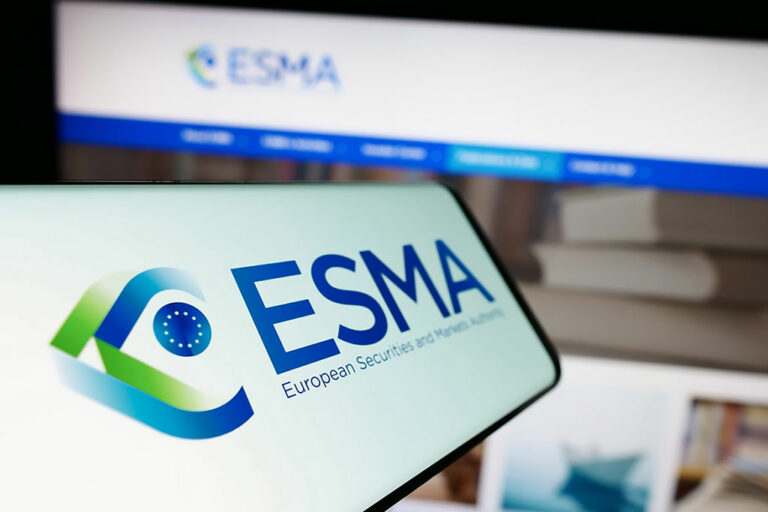ESMA proposed that crypto assets should be classified as financial instruments if they meet the criteria outlined in MiFID II’s definition of financial instruments.
On Monday, March 25, 2024, the European Securities and Markets Authority (ESMA) announced that it has completed the first set of reports on rules for crypto asset service providers (CASPs) under the region’s landmark regulation: Market in Crypto Regulations (MiCA).
According to the announcement, the report hopes to enhance transparency, provide a safe environment for crypto traders, and foster clarity and predictability for investors across the European Union.
ESMA Unveils Requirements for CASPs
The report includes proposed requirements the EU’s financial markets regulator and supervisory will require from crypto companies looking to operate in the EU region under the MiCA’s law.
Under the proposed law, the regulator outlined information the CASPs must submit to gain approval to operate in the region. Other requirements include the intent to provide crypto-asset services and how CASPs should address customer complaints.
The EU’s financial markets regulator and supervisor said it had submitted the final report to the European Commission (EC) and would provide further advice and technical guidance on the proposals if requested by the EC.
The report follows the completion of a consultation paper. In July 2023, the EU’s financial markets regulator and supervisor published a consultation paper seeking the stakeholders’ inputs on its proposed rules for CASPs.
The consultation concluded in September with responses from 36 stakeholders, 10 of which ESMA said were confidential.
ESMA Launches Third Consultation Package Under MiCA
With the report submitted to the EC, ESMA published its third consultation package under MiCA.
The regulator is seeking another public input on proposed legislation covering the detection and reporting of suspected market abuse in crypto-assets, policies, and procedures, including clients’ rights, for crypto-asset transfer services. The proposed rules will also cover suitability requirements for certain crypto-asset services, the format of the periodic statement for portfolio management, and ICT operational resilience for certain entities under MiCA. The consultation will remain open to the public until June 25, 2024.
ESMA Seeks Input on Proposed Classification of Crypto Assets
Since its implementation in 2023, ESMA has been consulting with other regulatory bodies, including the European Banking Authority (EBA), on measures under the MiCA regulatory framework.
In January this year, the authorities opened another consultation on the classification of cryptocurrencies as financial instruments.
ESMA proposed that crypto assets should be classified as financial instruments if they meet the criteria outlined in MiFID II’s definition of financial instruments.
According to ESMA, before determining whether a token qualifies as a crypto-asset, it should be assessed against each type of financial instrument specified in Annex I Section C of MiFID II.
These include transferable securities, money-market instruments, units of collective investment undertakings, derivatives, and emission allowances. Only after excluding these categories can a definitive conclusion be reached regarding the classification of a token as a crypto-asset.
The public has until April 29, 2024, to submit comments on the proposal.
next